You know, religion itself, Eastern and Western, is divisive and quarrelsome anyway
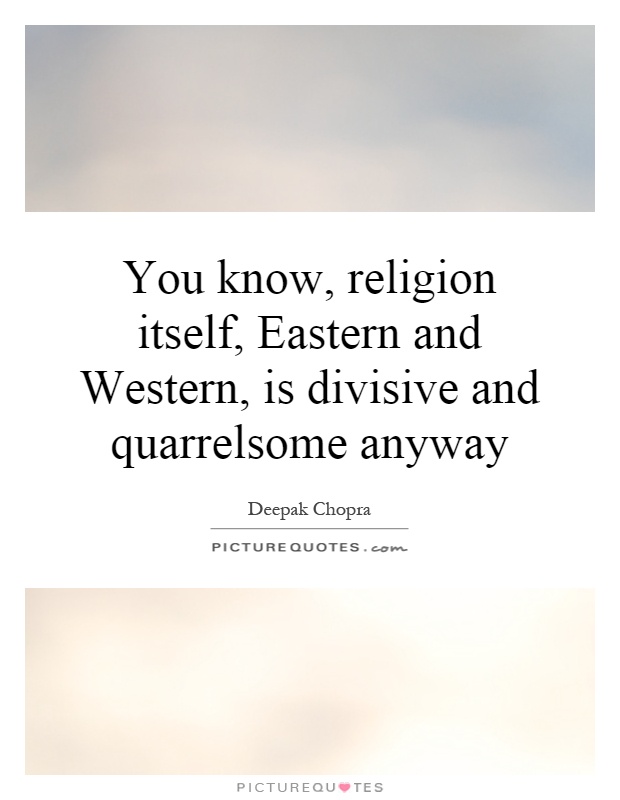
You know, religion itself, Eastern and Western, is divisive and quarrelsome anyway
Deepak Chopra, a prominent figure in the world of spirituality and alternative medicine, has often been criticized for his views on religion and spirituality. One of the most controversial statements he has made is that "religion itself, Eastern and Western, is divisive and quarrelsome anyway." This statement has sparked debate among both his supporters and critics, with some agreeing with his assessment and others vehemently disagreeing.Chopra's assertion that religion is divisive and quarrelsome is not without merit. Throughout history, religious beliefs have been a source of conflict and division among people of different faiths. Wars have been fought, lives have been lost, and relationships have been strained over religious differences. In this sense, Chopra is correct in pointing out the negative aspects of organized religion.
However, it is important to note that Chopra's criticism of religion is not limited to Western traditions. He also includes Eastern religions in his assessment, suggesting that all forms of organized religion are inherently divisive. This is a bold statement, considering that Eastern religions such as Buddhism and Hinduism are often seen as more peaceful and tolerant compared to their Western counterparts.
Chopra's views on religion can be seen as a reflection of his broader philosophy on spirituality. He often emphasizes the importance of personal growth and self-awareness, advocating for a more individualized approach to spirituality rather than relying on organized religious institutions. In this sense, his criticism of religion can be seen as a call for people to look within themselves for answers rather than seeking them from external sources.
Despite the controversy surrounding his views on religion, Chopra's message of unity and interconnectedness remains a central theme in his work. He encourages people to look beyond religious differences and embrace a more holistic approach to spirituality that transcends traditional boundaries. While his views may be divisive, they also challenge us to think critically about the role of religion in our lives and the impact it has on society as a whole.
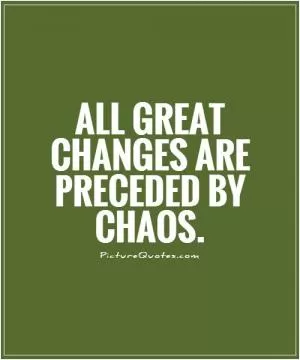
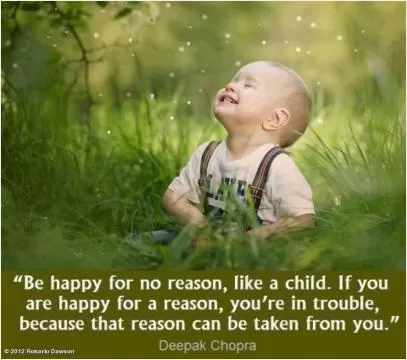
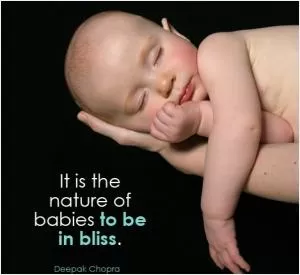
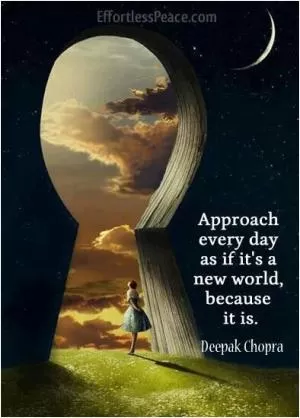
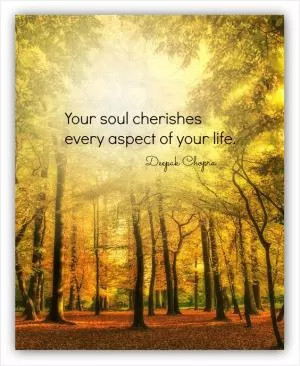
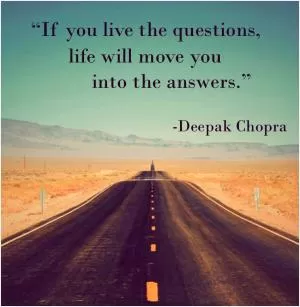
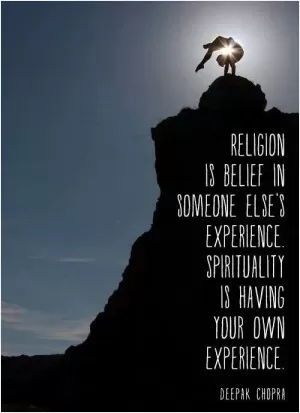

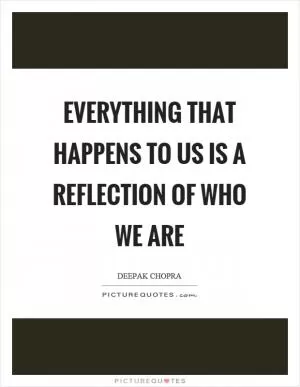
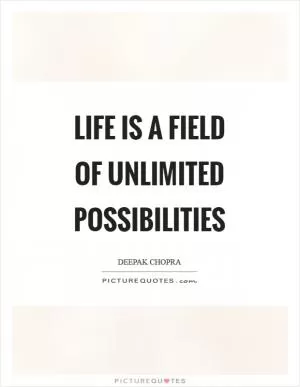
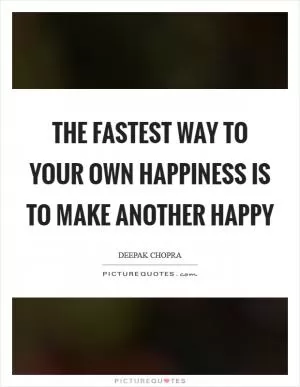
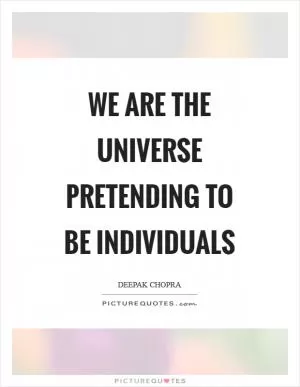
 Friendship Quotes
Friendship Quotes Love Quotes
Love Quotes Life Quotes
Life Quotes Funny Quotes
Funny Quotes Motivational Quotes
Motivational Quotes Inspirational Quotes
Inspirational Quotes